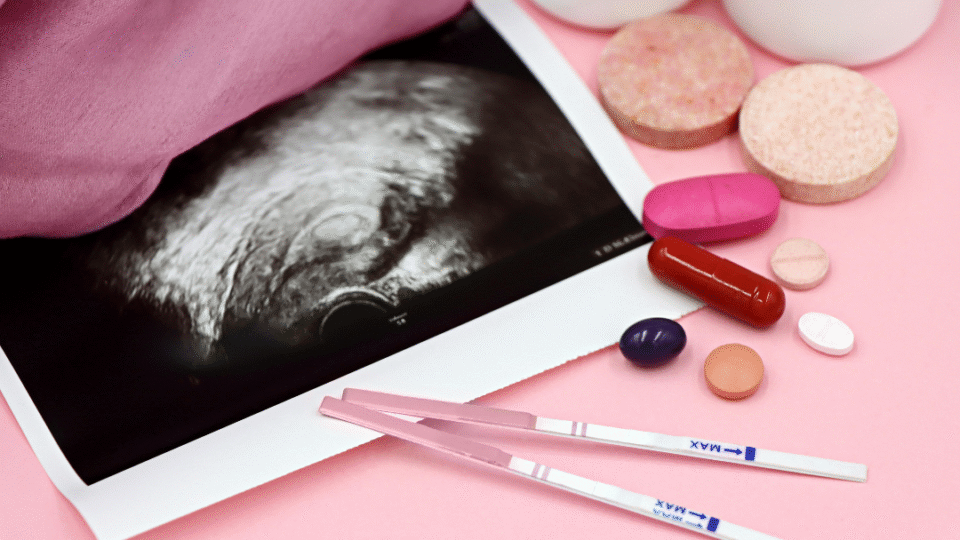
Pulmonary Function Test in Bangalore: Your Complete Guide to Lung Health & Testing
Pulmonary Function Test in Bangalore
When it comes to respiratory wellness, timely diagnosis and assessment can make all the difference. Whether you’re experiencing shortness of breath, chronic cough, or managing an existing lung condition, a Pulmonary Function Test in Bangalore offers a critical insight into how well your lungs are working. With a rising concern for air pollution, asthma, COPD, and other respiratory ailments in urban India, particularly in cities like Bangalore, pulmonary testing is not just advisable—it’s essential.
In this guide, we’ll walk you through the types of tests, what to expect, and why this diagnostic tool is crucial for your respiratory well-being.
What is a Pulmonary Function Test (PFT)?
Pulmonary Function Tests are a group of non-invasive diagnostic procedures used to evaluate lung performance. These tests measure lung volume, capacity, rates of flow, and gas exchange. Essentially, PFTs help doctors understand whether your lungs are functioning properly and are crucial for diagnosing conditions like asthma, chronic bronchitis, COPD, and pulmonary fibrosis.
Why You Might Need a PFT
Common Reasons for Lung Function Testing
- Chronic Cough or Breathlessness: Persistent respiratory symptoms often lead physicians to recommend testing.
- Monitoring Lung Diseases: If you’re diagnosed with asthma or COPD, PFTs help monitor disease progression or treatment response.
- Pre-Surgical Assessment: Lung function tests are often part of the evaluation before undergoing major surgery.
- Occupational Exposure: Individuals exposed to industrial dust, fumes, or chemicals may undergo testing as a precaution.
Types of Pulmonary Function Tests
1. Spirometry
The most common form of PFT, spirometry measures how much air you can inhale and exhale, and how fast you can exhale. It’s often the first test performed and provides quick insight into lung function.
2. Plethysmography
This test measures the total volume of air your lungs can hold. It’s especially useful in diagnosing restrictive lung diseases.
3. Diffusion Capacity Test
This checks how effectively gases such as oxygen move from your lungs to your blood. It’s an essential marker for conditions that affect lung tissue and capillaries.
How to Prepare for the Test
Before taking the test, you’ll need to:
- Avoid heavy meals a few hours prior.
- Refrain from smoking for at least 24 hours.
- Avoid bronchodilators or inhalers unless instructed otherwise by your doctor.
- Wear loose clothing for comfort during breathing maneuvers.
These steps ensure accurate and consistent results.
What to Expect During the Procedure
- You’ll be asked to sit or stand in a small room or booth.
- A technician will place a clip on your nose and ask you to breathe into a mouthpiece.
- You may be asked to perform breathing exercises—taking deep breaths, exhaling quickly, or holding your breath momentarily.
- The test typically lasts 30 to 60 minutes.
Understanding Your Results
Your results are measured against predicted normal values based on your age, height, sex, and ethnicity. The most common measurements include:
- FEV1 (Forced Expiratory Volume): Amount of air you can exhale forcefully in one second.
- FVC (Forced Vital Capacity): Total amount of air exhaled during the spirometry test.
- FEV1/FVC Ratio: Helps identify obstructive and restrictive airway conditions.
Your doctor will interpret these values to identify any underlying pulmonary condition and recommend appropriate treatment or follow-up.
Benefits of Early Lung Testing
1. Early Detection of Chronic Diseases
Detecting conditions like COPD or asthma early helps manage them better and reduces complications.
2. Monitoring Treatment Effectiveness
With routine testing, doctors can monitor whether your current medications or therapies are working.
3. Personalized Care Plans
Test results allow your healthcare provider to tailor treatments specific to your lung health status.
Risks and Limitations
While the tests are generally safe, some people may experience:
- Dizziness
- Coughing
- Shortness of breath
If you’re recovering from a recent heart attack or have certain cardiovascular issues, inform your healthcare provider before taking the test.
Where to Get Tested
You can easily schedule a Pulmonary Function Test in Bangalore through accredited diagnostic centres like Ecotown Diagnostics. These facilities offer state-of-the-art equipment, trained technicians, and prompt reporting, making the process seamless and reliable.
Final Thoughts
If you’re experiencing ongoing respiratory symptoms or have a history of lung conditions, don’t delay. Early testing, especially in a metropolitan city like Bangalore, can be vital. A Pulmonary Function Test in Bangalore not only gives you and your doctor the data you need to make informed decisions but also paves the way for proactive respiratory health management.
Frequently Asked Questions (FAQs)
1. What is spirometry and how does it help?
Spirometry is a basic lung function test that measures how much and how quickly you can move air in and out of your lungs. It’s often used to diagnose asthma and other lung diseases.
2. Is lung function testing painful?
No, the tests are non-invasive and painless. You may feel slightly breathless or dizzy during or after the test, but these symptoms usually go away quickly.
3. Can children undergo these tests?
Yes, children above the age of 5 can usually perform basic pulmonary function tests, especially if they have asthma or other chronic respiratory issues.
4. Are these tests covered under health insurance?
Many health insurance plans cover diagnostic tests, including lung function tests, especially when recommended by a physician. It’s best to check with your provider.
5. How often should I get tested?
This depends on your health condition. For individuals with chronic respiratory diseases, testing may be required every 6 to 12 months. Healthy individuals might need it only when symptoms arise.
6. What if I’m pregnant? Can I still take the test?
Yes, these tests are generally safe during pregnancy. However, always consult your obstetrician before undergoing any diagnostic procedures.
7. Can smoking affect the test results?
Absolutely. Smoking can impair lung function and skew test results. It’s recommended to avoid smoking for at least 24 hours before testing.
8. What should I avoid before the test?
Avoid heavy meals, caffeine, smoking, and bronchodilators unless your doctor advises otherwise.







